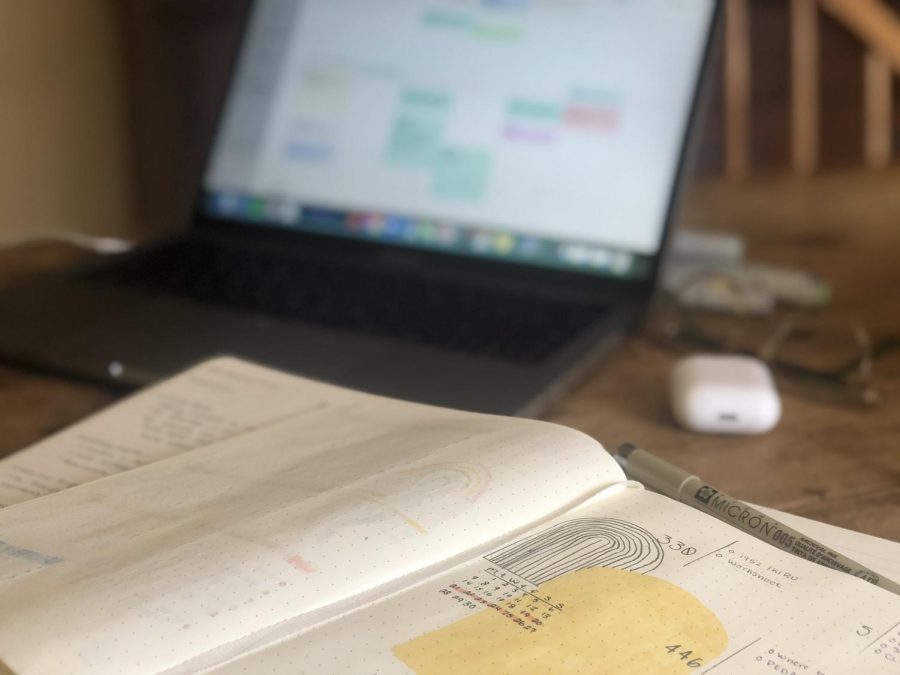With UMass going almost completely remote this semester, students had to make some tough decisions. A big question on students’ minds being: is the cost of remote learning worth it? UMass decided not to lower tuition and fees for this remote semester, leaving us students with this dilemma. You could spend thousands of dollars on a semester from the confines of your room or take a leave of absence hoping the spring will be different. Now that we are four weeks in, I sense that people are starting to adjust. My view is that I am in charge of making the best of my education during such a difficult time, even if that is an extra burden to place on students as they push themselves further into debt in a time of uncertainty.
In the first four weeks of the semester, I have found that many of my classes are the same as they were before — the only difference is the setting. Rather than sitting in a large lecture hall, I stare at the lonesome laptop on my desk. Sometimes, I find myself appreciating the mode of instruction as a prerecorded lecture, meaning I can pause, rewind and re-watch. Perhaps this semester won’t be so bad, I thought. However, it raised another question. If higher education can seamlessly transition to remote modes of instruction, what does this mean for my education? Was it even worth the cost before the pandemic? If all I need to learn is a laptop and a stable internet connection, why are colleges and universities so difficult to access? The requirement for entry is a lengthy admission process and tens of thousands of dollars, just to sit on a computer all day.
This remote mode of instruction was released to the general public by Yale in March, the beginning of the COVID-19 quarantine phase. The university’s popular class, “The Science of Wellbeing” is now free online for anyone to take. This class came at a time when it seemed people needed it. Even the best situation one could find themselves in was isolated in their home, sometimes with family and friends, but often alone. The topics discussed in this class were surely important for our new reality. However, education is always important. There is never a time where we cannot benefit from learning something new. If we can release free college courses in the middle of a pandemic, why not all the time?
There are obvious barriers to this. If colleges started releasing their courses for free online, people may not bother to enroll at all, and schools could lose a lot of money. Professors would also not be paid for their work, but there are some ways around this. The Yale class introduced the new participants into an existing class. The people taking it for free did not get the credits or degree that came with it, they simply got information, but the class existed because of the Yale students enrolled and paid tuition. This is not a perfect solution, it’s merely a quick way to expand access to higher education. Hopefully, as more people understand the importance of free and affordable higher education, it will become a possibility for more Americans. Affordable higher education was in the platforms of multiple presidential candidates in the 2020 Democratic primary, and has become increasingly popular among the general population.
This transition to remote learning highlights the need for more access to education and allows us to imagine the possibilities. The idea of affordable college and remote instruction is not new, but given the circumstances we find ourselves in, we’re definitely thinking about it much more. As my assigned lecture plays through the house, the members of my household are capable of learning just as much as I am. It is completely possible to get the information from college level courses to the everyday person. The Yale professor who remotely taught all those people in March has a podcast. You do not have to enroll in college to access her information, however you do need a way to access it, and that is the problem we face. Based on what we have seen in the past six months, we know that getting this information to more people using technology is possible, it is just a matter of making it a reality.
Shona McMorrow can be reached at [email protected].



















